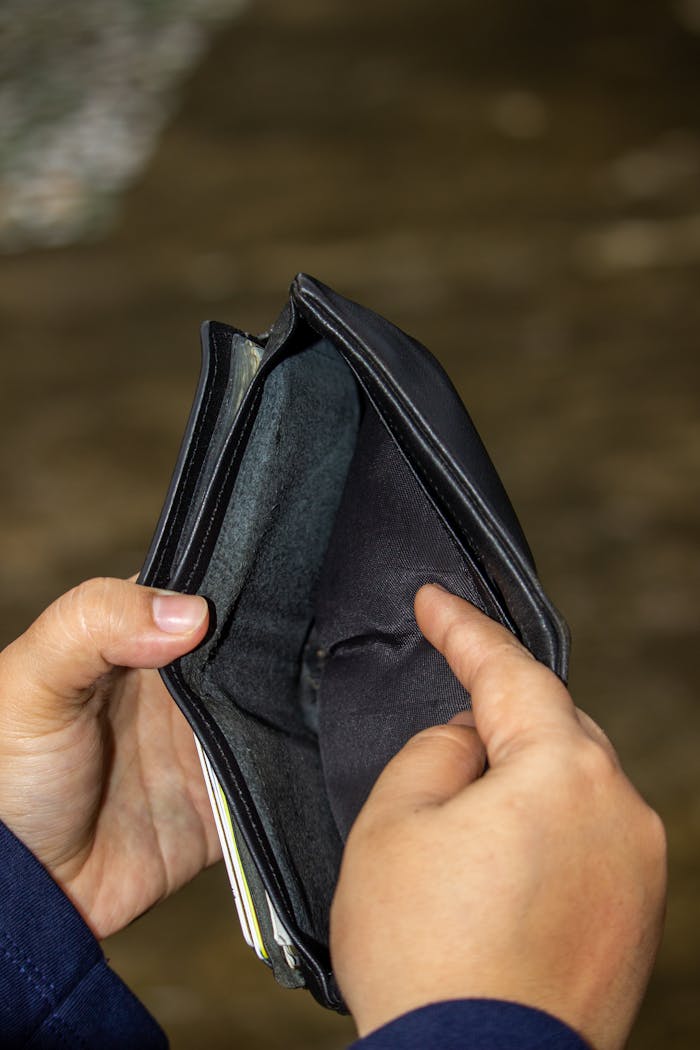Managing finances effectively is key to avoiding debt and keeping expenses in check. While debt can sometimes be a useful tool, accumulating too much can lead to stress and limit your financial freedom. Here are practical tips to help you control your expenses and steer clear of unnecessary debt.
1. Create a Realistic Budget
A well-thought-out budget is your best defense against overspending. Start by listing your income and fixed expenses, such as rent, utilities, and groceries. Allocate funds for discretionary spending but set clear limits. A budget helps you track your spending and ensures you don’t live beyond your means.
2. Prioritize Needs Over Wants
It’s easy to justify purchases that seem small, but they can add up quickly. Distinguish between needs, like rent or food, and wants, like dining out or new clothes. Focus on covering your essentials first, then assess what you can afford to spend on non-essentials. Practicing this habit prevents impulse purchases and keeps expenses under control.
3. Use Cash or Debit for Everyday Purchases
Credit cards can be convenient, but they also make it easy to overspend. To avoid accumulating debt, try using cash or a debit card for day-to-day expenses. When you pay with cash, you’re more aware of each purchase, making it easier to stay within budget. If you do use a credit card, aim to pay off the balance in full each month.
4. Set Up an Emergency Fund
An emergency fund is a financial safety net that helps you cover unexpected expenses, like medical bills or car repairs, without relying on credit. Aim to save three to six months’ worth of expenses in an easily accessible account. Having this cushion allows you to handle surprises without falling into debt.
5. Limit Monthly Subscriptions
It’s common to lose track of subscriptions, from streaming services to fitness memberships. Regularly review and cancel subscriptions you’re not using. Even small monthly fees can accumulate, so be selective about which services add real value to your life.
6. Pay Down High-Interest Debt First
If you already have debt, focus on paying off high-interest loans or credit cards first. High-interest debt can quickly spiral out of control, so prioritize it in your budget. As you pay off each balance, you’ll free up more money to save or use toward other financial goals.
7. Plan Purchases in Advance
Avoid impulsive spending by planning purchases in advance. Create a list of items you genuinely need or want and save up for them. This prevents impulse buys and allows you to make thoughtful decisions. Waiting to make larger purchases also gives you time to look for sales or discounts.
8. Regularly Track Your Spending
Monitoring your expenses helps you stay aware of where your money goes each month. Use a budgeting app or a spreadsheet to track every purchase. Review your spending weekly to ensure you’re on track and adjust as needed. This habit makes it easier to catch overspending early and make corrections.
Conclusion
Avoiding debt and controlling expenses requires discipline, but the reward is financial stability and peace of mind. By budgeting, prioritizing needs, and being mindful of spending, you can prevent debt from building up. Over time, these habits help you stay in control of your finances and work toward a debt-free future.


